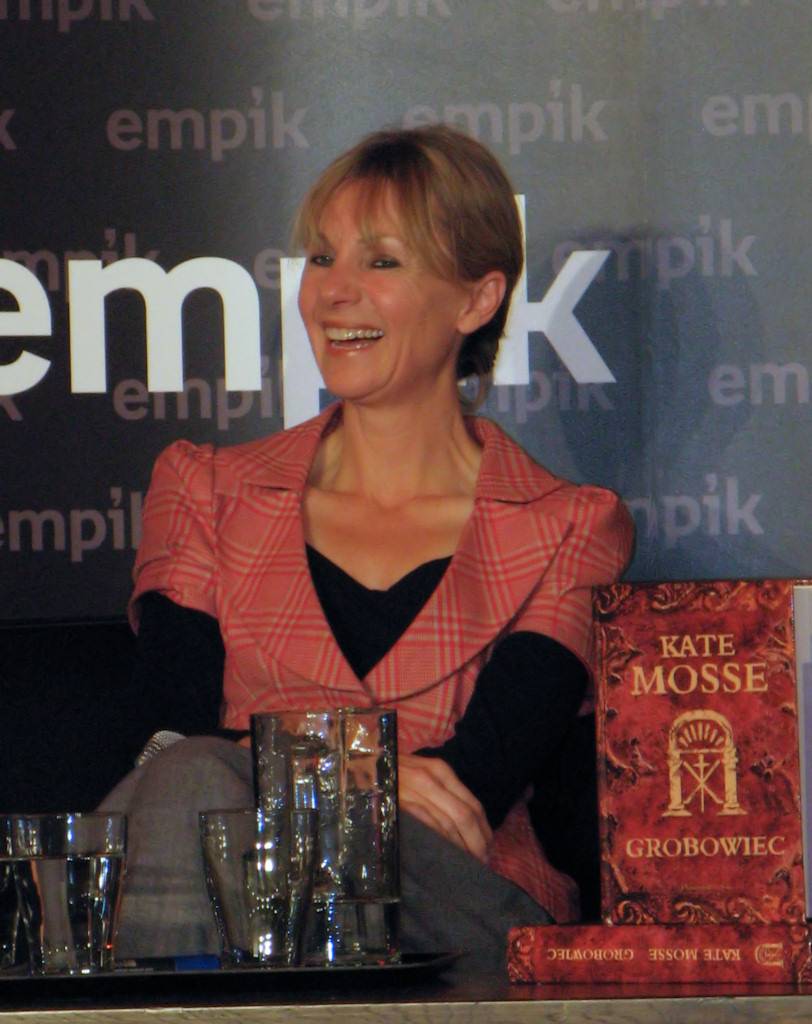Kate Mosse is an internationally renowned author. In a recent piece on the BBC, Mosse offered an aspiring writer five “key” tips to writing a successful novel.
As I listened, it occurred to me that her advice is also useful for those who wish to improve their public speaking and presentation skills.

1. Do something every day
It is not reasonable (or, in my view, desirable) to have a speaking engagement lined up every 24 hours. But there are plenty of things that you can do on a daily basis to improve your public speaking and presentation skills. Many can be done in 15 minutes or less. Some ideas:
- Work on a presentation that you would like to give, even if it is not scheduled.
- Read a good book on public speaking such as Presentation Zen.
- Read a good blog on public speaking – see, you’re already doing it! A good place to start is by clicking any of the links in my blogroll of public speaking and presentation sites on the left side of the page.
- Attend a Toastmasters meeting near you.
2. Set goals
As we approach the close of 2009, it is good time to think about our goals for 2010. What are your public speaking goals? To speak at three or four trade conferences in your field? To land your first paid speaking engagement? To give your first speech at Toastmasters?
Give it some thought and then note down where you want to be with your public speaking in 6 months, 1 year, 5 years, 10 years. Then, start working toward those goals (see point 1 above).
3. Have a structure
Like a good Kate Mosse novel, every speech or presentation needs a structure: a beginning; a middle; and an end. You want a powerful beginning that capture’s your audience’s attention from the outset. You then have to develop your presentation and make your key points with appropriate supporting material. Finally, you want a memorable conclusion that wraps everything up nicely for your listeners.
4. Carry a notebook
Some of the best material that you will ever have for your speeches will come to you at the oddest times – riding on the subway, at the bank, in a restaurant. If you do not jot down your thoughts or observations at the time, chances are that you will forget them. I have been guilty of this more times than I care to admit.
If you carry a small notebook, you can capture your ideas when they occur and then return to them when you have time. You should also have a file (electronic or paper) where you can save your stories and ideas. You might see something interesting today that has no relevance whatsoever to anything that you are working on at the moment. However, a few weeks, months or years from now, those notes might prove to be priceless.
5. Be comfortable
If you are not comfortable when speaking, your audience will pick up on it. You will then likely pick up on your audience which will only increase your discomfort. So, how can you increase your comfort? Some ideas:
- Prepare thoroughly. When you are prepared and know your material, you will be much more at ease when on stage.
- Get a good night’s sleep. This means that you should not be finishing your speech in the wee hours of the morning of the day when you present.
- Arrive early. Being stuck in traffic 20 minutes before you are scheduled to start is not conducive to a positive state of mind. Plan to arrive at the venue well ahead of schedule so that you are not rushed. Arriving early will also allow to get accustomed to your speaking environment, meet some of the people to whom you will be speaking and test your equipment.
- Eat and drink sensibly beforehand. Avoid alcohol and, preferably, caffeine. Be well hydrated. Eat a banana.
- Dress appropriately for the occasion.
- If someone is going to introduce you, write out for that person the points that you would like him to say.
There you have it. Five tips about writing from Kate Mosse that should help you and your speeches live happily ever after.
















2 Replies to “Five Tips for Writing (and Speaking)”
Hi Chitra, thanks for the comment. Big kudos to you for practicing the elevator pitch every day. Not many people have that kind of dedication. But it is precisely that kind of effort that could pay off handsomely at an unexpected moment. Who was it who said that luck is when preparation meets opportunity?
Cheers!
John
Thanks John, the tips are very useful. I especially like the “Do something everyday” bit. One way that I practise this is to prepare for a conference call/sales or elevator pitch everyday. I try to ensure that my opening, 2-3 points & conclusion/call-to-action are in order.